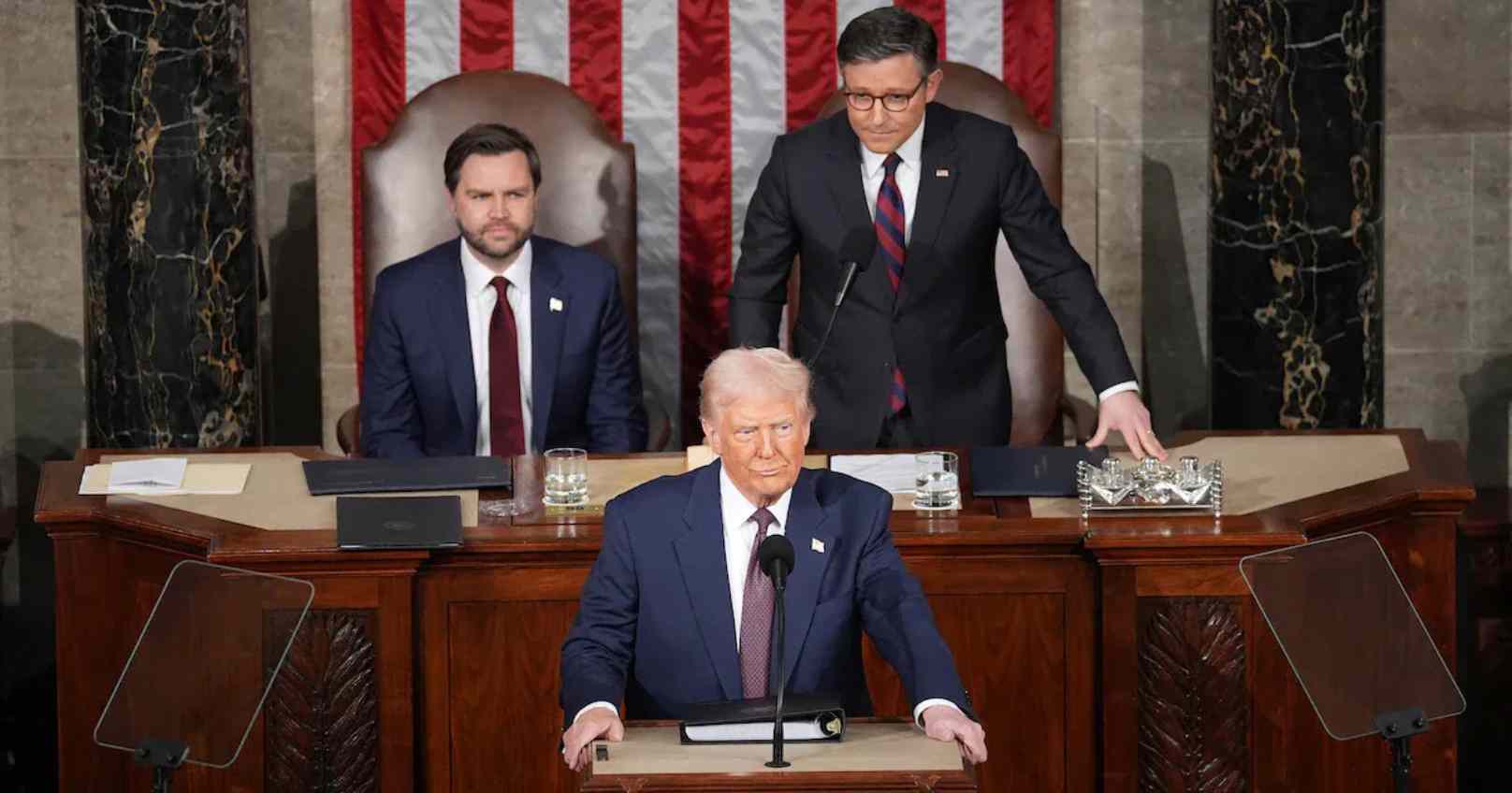U.S. President Donald Trump has declared that starting April 2, his administration will impose reciprocal tariffs on several of America’s key trading partners, including India, in response to what he describes as unfair trade practices.
His announcement followed the enforcement of new 25% tariffs on imports from Canada and Mexico, along with a tariff hike on Chinese goods to 20%. In response, all three nations have introduced countermeasures against the U.S.
"For decades, other countries have imposed excessive tariffs on us, and now we are doing the same. The European Union, China, Brazil, India, and many others charge us far higher tariffs than we charge them. This is unfair," Trump declared in his first address to Congress since taking office in January.
Citing specific examples, he pointed out that India imposes tariffs exceeding 100% on certain American goods, while China and South Korea also maintain significantly higher duties on U.S. products. "Even our allies take advantage of us. That ends on April 2. Whatever they tax us, we will tax them," he said, adding that he deliberately avoided announcing the policy on April 1 to prevent any association with April Fool’s Day.
Beyond monetary tariffs, Trump warned that the U.S. would also implement non-tariff barriers against nations that restrict American market access through indirect means. "We will generate trillions of dollars and create jobs like never before," he asserted. "For years, we have been exploited by nearly every country in the world. That will no longer continue."
Last month, Trump directed his administration to explore the feasibility of imposing reciprocal tariffs on all U.S. trading partners, with a report on the plan scheduled for completion by April 1. He had also made addressing trade imbalances a central theme of his election campaign.
As part of his tariff crackdown, Trump implemented a 25% duty on Canadian and Mexican imports just after midnight on Tuesday, with a lower 10% rate applied to Canadian energy products. Chinese imports, which had already faced a tariff hike the previous month, saw an additional increase to 20%.
In response, Canadian Prime Minister Justin Trudeau announced that Canada would impose tariffs on over $100 billion worth of American goods within three weeks. Meanwhile, Mexican President Claudia Sheinbaum stated that Mexico would roll out its own countermeasures by Sunday.
China, on the other hand, responded by placing tariffs of up to 15% on American agricultural products while also expanding restrictions on U.S. businesses by blacklisting more than two dozen companies.







